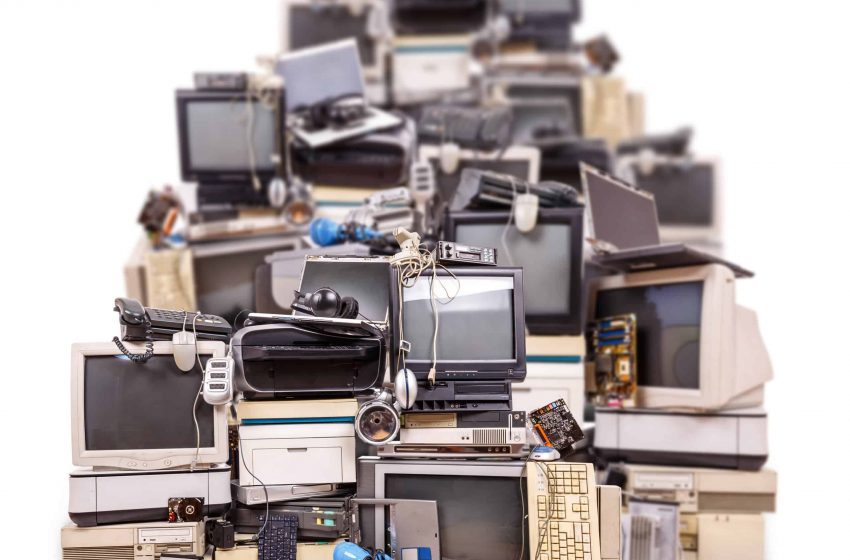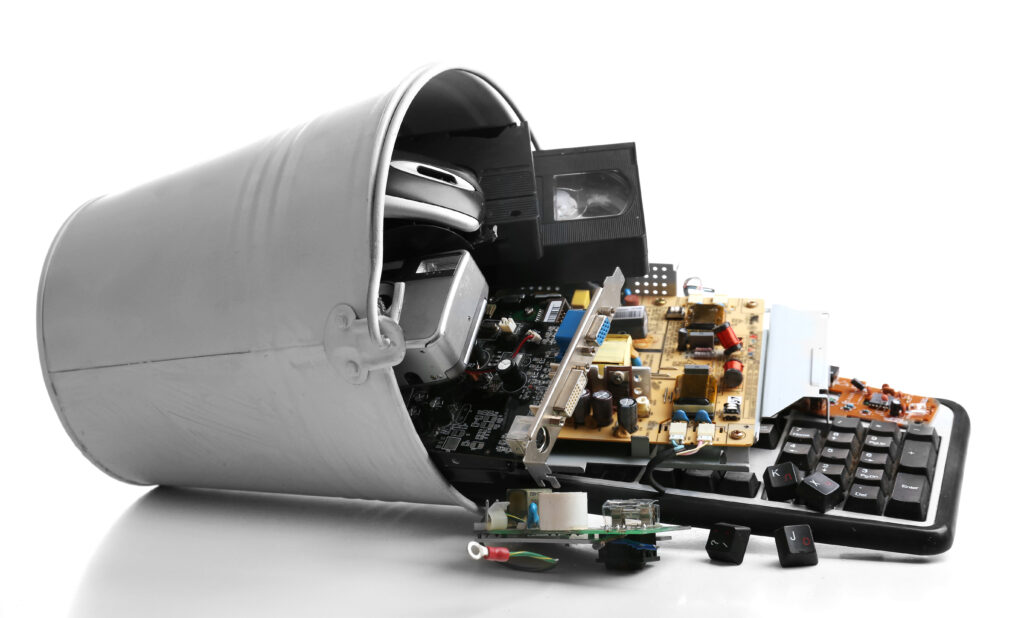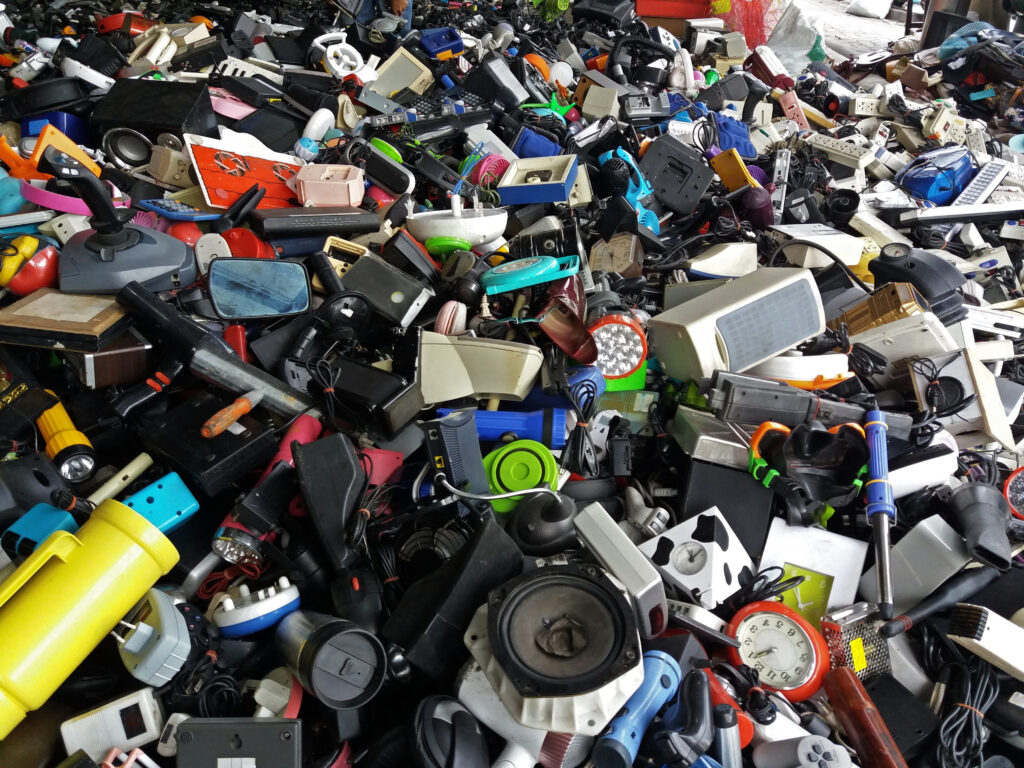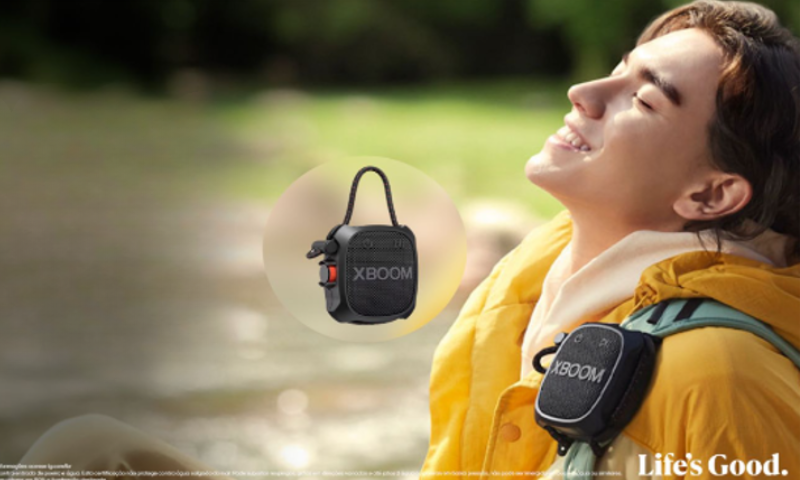
LEGISLATION: STEP BY STEP

This year, with the implementation of the recycling system for home appliances and electronics, the segment is experiencing a new phase. In this interview, Fabrício Soler, professor and international legal consultant in waste and reverse logistics, clarifies the main aspects of Federal Decree 10.240 / 2020.
Qualification of service providers
It is carried out by a management entity, such as Abree, which follows the technical criteria based on the environmental legislation applicable to the sector, as well as the work safety rules enforced in the country.
Delivery of products
The consumer is responsible for delivering the product to a collection point in his city. No product, regardless of size, size or condition, will be refused at the receiving points. The product packaging can be disposed of at the receiving points in the same way. The products, however, must not be packaged for disposal.
Disposal of large products
The consumer, according to the decree, has the duty to dispose of the product in an environmentally correct manner. Large products must be delivered by the consumer in the reverse logistics system. He will bear the costs and expenses related to the disposal measures, in accordance with article 18 and its sole paragraph of the Federal Decree.
Article 18 and single paragraph

Obligations of industry, retail and distributors
Merchants are obliged, within the scope of the reverse logistics system, to inform consumers, at the receiving points, of their responsibilities. These points have the function of receiving, conditioning and temporarily storing the electronic products discarded by consumers, and retailers are responsible for returning them to manufacturers and importers.
It is up to distributors to encourage retailers that are part of their commercial chain to join the management entities, inform retail establishments about the operationalization process of reverse logistics, and make available or pay for the physical spaces for the consolidation points to be used in the system.
It is up to manufacturers and importers, within the scope of the reverse logistics system, to give an environmentally appropriate final destination, preferably for recycling, to all the electronic products that are received by the system. They must also participate in the implementation of communication plans and non-formal environmental education.

Authorization to receive products
It is necessary to have the authorization of a management entity to become a receiving point, as it is necessary to make an assessment of the space, location and other criteria in order for the collection of products to be effective. Today, Abree has 49 associates, representing around 167 brands. The movement to create a culture of reverse logistics in Brazil grows, and the entire chain of retailers, distributors and importers is mobilized to make this happen more quickly and effectively.
Financial resources
The financial resources necessary for the economic sustainability of the reverse logistics system will be transferred by the companies through direct payment to the management entities in the proportion corresponding to their participation in the domestic market.
These resources will cover all phases of the operation of the reverse logistics system, including the execution of communication plans and non-formal environmental education. They will be fixed in a different way for each type of electronic product and defined according to technical and economic criteria, as well as with the particularities of each product, while observing the official readjustment indexes.
Responsibility of management companies
The responsibility is with the execution of actions related to the structuring, implementation, management and operation of the reverse logistics system for household electrical and electronic products and their components and their packaging.
Batteries and lamps
These products are not electronics and, therefore, their reverse logistics system has different rules.
Performance Monitoring Group
The Performance Monitoring Group (GAP) is composed of representatives of national entities from the private sector, representing manufacturers, importers, distributors, traders and management entities.
GAP is responsible for monitoring the implementation and operation of the reverse logistics system for electronic products; identify and evaluate difficulties, conflicts and obstacles to the structuring, implementation and operationalization of the system; discuss results of studies, data, evaluations, reports, projects and information on reverse logistics; propose a periodic annual schedule review of goals of the reverse logistics system, including those for implementation and progressive structuring and regional goals, in order to be submitted to the assessment of the Ministry of the Environment; among other tasks established by the Union regulation.

It is up to manufacturers and importers, within the scope of the reverse logistics system, to give an environmentally appropriate final destination, preferably for recycling, to all the electronic products that are received by the system.
Companies that receive products vs. management entities
Currently, it is not an obligation for companies or retailers that host receiving points to be associated with any entity. However, the easiest way to give the final destination to the collected products is through a management entity, which will assist them in removing the appliances and electronics received and manage the entire flow, which is quite complex, for disassembly and recycling.
Auditing
The responsibility of manufacturers, importers, distributors, traders and management entities will be assessed on an individual basis, with the assessment of compliance with the respective obligations, in accordance with the provisions of Federal Decree No. 10.240 / 2020, while observing the supervisory powers of the body of the National System of Environment (Sisnama).

Environmental education
The non-formal environmental education and communication plan is based on two requirements:
– Publicize the implementation of the reverse logistics system to those involved in its operational stages, mainly to consumers.
– Encourage the disposal of electronic products and their packaging at the receiving points of the reverse logistics system.
Eletrolar News Magazine 142
eletrolar.com





